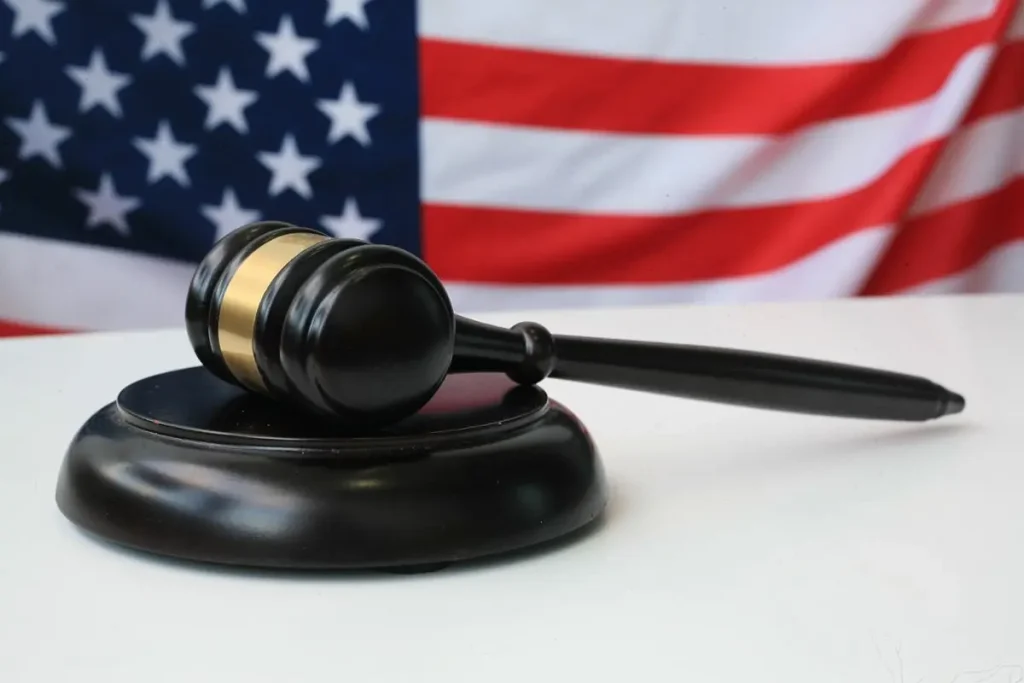New Jersey Father of Two Sues DraftKings Over Nearly $1 Million Gambling Loss
-
The Plaintiff:
Lisa D’Alessandro, wife of a New Jersey man (identity undisclosed, known by his DraftKings username Mdallo1990), has filed a lawsuit claiming that DraftKings actively enabled her husband’s gambling addiction. -
The Allegations:
-
DraftKings allegedly encouraged her husband to bet exponentially larger amounts over time, despite signs of gambling addiction.
-
The husband’s losses totaled nearly $1 million, with $15 million wagered overall since opening his account in 2020.
-
The gambling spree drained family finances, including emptying their children’s savings accounts and maxing out Lisa’s credit cards.
-
The escalation of betting—from $3,775 in a single month in 2020 to $125,000 monthly in 2023—is said to be driven by DraftKings’ data mining and VIP program tactics.
-
The husband was inducted into DraftKings’ VIP Private Group, designed to extract maximum spending, and received perks like luxury gifts, holidays, and Apple gadgets as part of an “Onyx Elite Level” membership.
-
Four VIP hosts managing his account were allegedly aware of his problematic gambling and family situation but continued to court him.
-
-
Failures in Safeguards:
Lisa claims DraftKings failed to enforce key consumer protection safeguards, particularly neglecting to verify the source of the gambler’s funds.-
Had DraftKings conducted timely checks, they would have noticed he wagered over four times his annual income ($175,000) and potentially intervened.
-
-
Impact on Family:
The fallout has caused a significant strain on the family, with Lisa and her husband now living apart. -
Wider Context:
This case echoes a similar lawsuit filed against FanDuel by Amit Patel, who lost $22 million of a football franchise’s money due to gambling addiction fueled by the sportsbook. -
Legal Outlook:
While gambling companies profit from high-spending customers, courts historically have rarely ruled in favor of plaintiffs claiming addiction was fueled by the operators. However, increasing societal costs from gambling may shift judicial attitudes.

